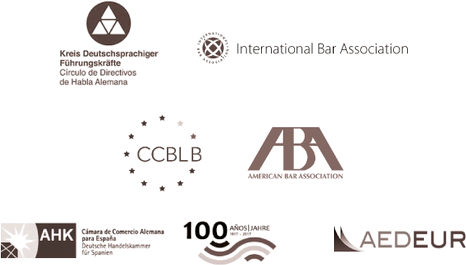
Commission decisions and Caesar’s wife
03/11/17
On 26 October last, the General Court (GC) handed down a somewhat unexpected judgment in Case T-394/15: the GC annulled the Commission’s Decision of 10 October 2014 approving a concentration by which Liberty Global (an international cable TV operator, present, among others, in the Netherlands) acquired sole control over Ziggo NV (a Dutch cable TV operator). Why it did? Because the Commission failed to state reasons, in breach of Article 296 TFEU.
The plaintiff was KPN BV, a competitor in the cable TV sector. One of its arguments was that the Commission had failed to properly assess possible vertical restraints arising from the transaction on the market for the wholesale supply and acquisition of premium pay-TV channels and, in particular, the market for the wholesale supply and acquisition of premium pay-TV sports channels. The Commission waived any assessment of the latter upstream market because there was a competitor. Therefore, according to the Commission, no significant competition concerns arose.
The Court holds this reasoning to be insufficient and highlights an obvious truth: the mere fact that a competitor exists does not rule out the possibility that Liberty Global may have market power in the segment in question upstream (paragraph 64). Considering that KPN BV had repeatedly stated during the merger review proceedings that upstream competition concerns could arise in the sports contents segment, the Commission ought to have explained, at the very least, why it thought otherwise. A mere reference to the existence of a competitor does not meet the standard of the legal obligation to state reasons.
The case is exceptional, since EU courts very rarely uphold pleas based on the insufficiency of reasons given by the Commission. Besides, one may now ponder the consequences. Indeed, the concentration was implemented and now lacks prior clearance. We must, however, exclude any sanction for gun jumping, because one cannot blame the parties for the Commission’s mistakes. Moreover, we predict a second clearance decision… (you can call us Sherlock). So is there any margin for damages claims from competitors or other third parties due to the effects on the market of the first flawed decision?
The question is not as outlandish as it may seem. Indeed, pursuant to the SFIE case law, a competitor may well obtain in court the recovery of aid that the Commission ultimately finds to be compatible, but which the Member State paid infringing the standstill obligation pursuant to Article 103(3) TFEU. In other words, the courts may deprive an undertaking from an advantage which formally, but not on substance, infringed EU law by none of the undertaking’s fault.
Considering the ‘success’ of the well-known Schneider saga, however, we are sceptical, to say the least… even if the Commission’s mistake, in the Liberty Global case, may be considered of a procedural nature and not on substance (as was the case in Schneider). Honesty, for Caesar’s wife, boils down to being above suspicion 🙂


